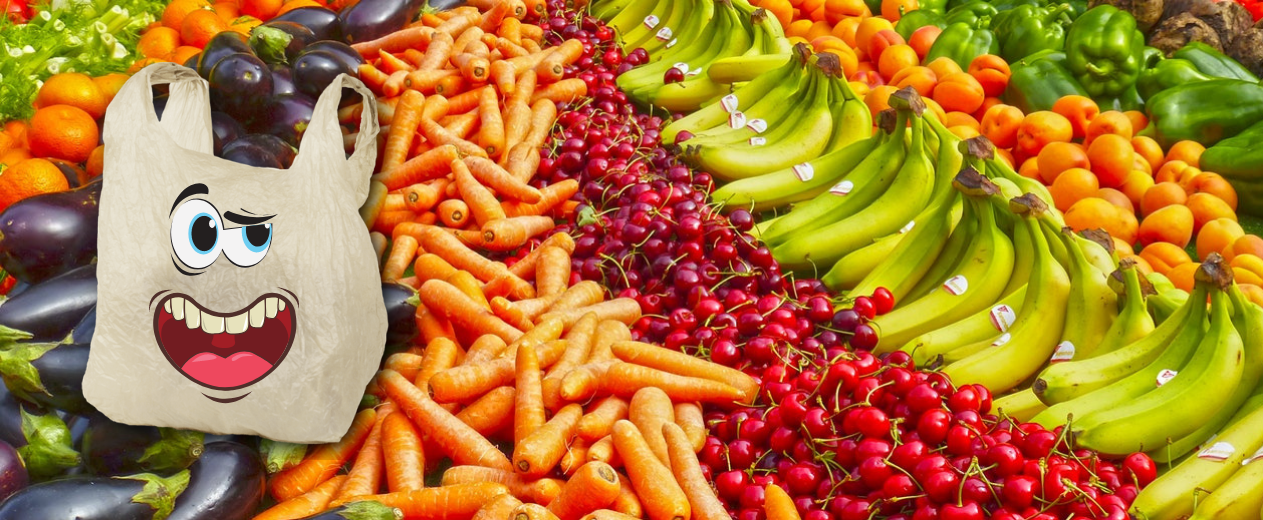The lifecycle of a plastic shopping bag

Meet Henry. Henry’s a plastic shopping bag. Right now, he’s hanging out at your local supermarket eagerly awaiting the day he can help you take your groceries home.
But Henry wasn’t always a bag. Just a couple months ago, he was petroleum oil. In fact, plastic bags like Henry require 0.2% of the world’s oil annually to make, or about 60 million barrels. In the plastics factory where he was born, Henry was heated up and turned into ethylene gas. Then, he was converted into a soupy polyethylene mash that was forced through tiny holes to form strings which were cut into beads. Those beads were heated, stretched, and cooled. The result: Henry.
Every year, about 4 trillion plastic shopping bags like Henry are created. Usually, they’re created in China, India, Thailand, or Malaysia. Because polyethylene is naturally transparent, bags must be dyed and branded before they’re shipped in big bales to locations all over the world.
Henry’s really looking forward to doing some heavy lifting, but he doesn’t realize just how little time he’ll have. On average, we only use plastic grocery bags for a total of twelve minutes, and most of us only use them once before tossing them out. Which means that Henry’s first time helping you will probably also be his last.
Though some communities do recycle plastic grocery bags, they’re the exception to the rule. The truth is: most do not. Some superstores and supermarkets offer recycling programs for plastic film packaging, which include items like: plastic shopping bags, zip-top bags, bread bags, bubble wrap, shipping pillows, plastic wrap, etc. but recycling plastic shopping bags is more expensive than making new ones.
Only one percent of plastic shopping bags are recycled. That’s why Henry will probably end up in the landfill. Once there, he’ll be there for a very long time. Up to one-thousand years, according to some estimates. And that’s if he isn’t blown away. Many plastic bags end up polluting the environment. They’re everywhere—in our parks, forests, even at the bottom of the Mariana trench. Some animals mistake them for food or get trapped in them, which can be harmful.
Before using a plastic shopping bag, next time you’re at the grocery store, just think: it could be Henry. Instead of throwing your bag out after you’re done with it, consider recycling it. You could also reuse it on your next trip to the grocery store. That way, at the very least, Henry can be of more service.